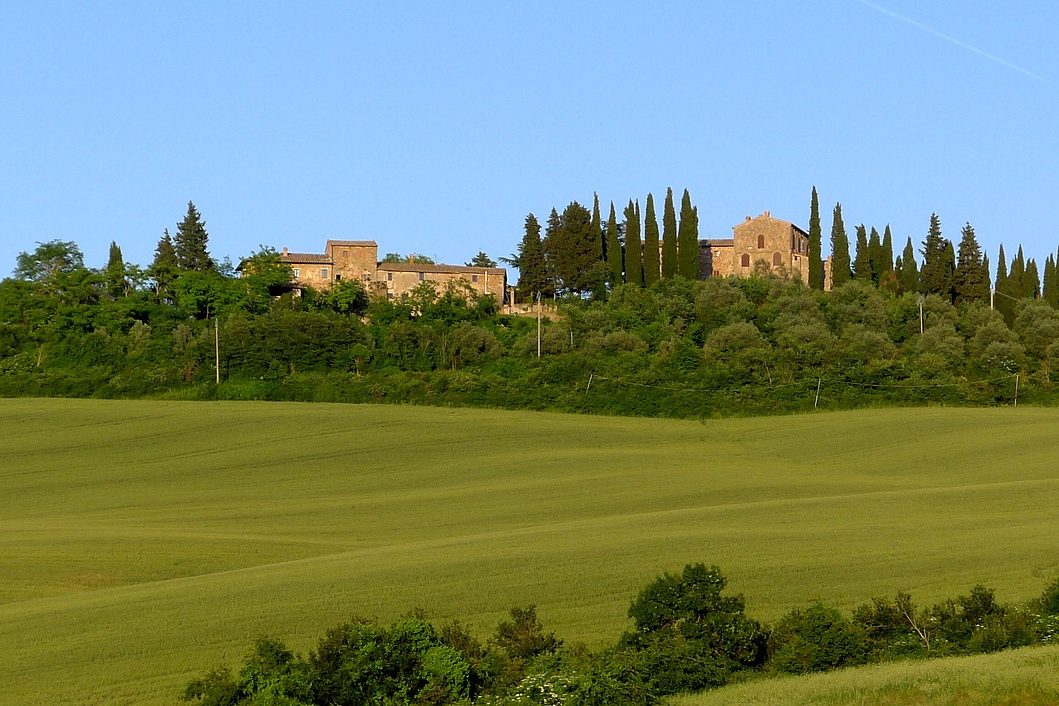Tuscany is the birthplace of the Standard Italian language. It all started in Florence, the birthplace of the Italian Renaissance. The Tuscan dialect became the language of the cultured class in all of Italy, due to the influence of the great artists and writers of the region. The popularity of the works of the poet, Dante, helped make the Tuscan dialect the most widely accepted form of the Italian language. The official Italian language recognized by the Italian states and later by the Kingdom of Italy was born of the dialect which is now mainly spoken only in Tuscany. Other regions of Italy have their own lexicon and have strayed from the Tuscan style of speaking. However, any native Tuscan will tell you with great pride that they speak the “true” Italian language.
There are words that are typically Tuscan that mark the speaker as a Tuscan native. There are also words and phrases that are only used in Tuscany and not anywhere else in Italy. Here are a few of my favorites that stand out as typically Tuscan:
Chetati! – Shut up!
Barbagianni – Stupid, but in a sweet way
Tutto Briaco – Completely drunk
Maremma! – A word used when Tuscans want to be polite and choose not to use profanity
Babbo- The word used for “father” and used only in Tuscany
Ma, che sei grullo? – Are you crazy?
One of my favorite Tuscan expressions is, “In bocca al lupo!” which means, “May you go in the mouth of the wolf!” This is the way to wish someone good luck in Tuscany and the rest of Italy too, as odd as that may seem. The person receiving the wish should answer, “Crepi il lupo!”, or “May the wolf die!”
“La Dolce Vita” is by far my favorite Italian expression with Tuscan origins. It translates from Italian as “The Sweet Life”. In Dante Alighieri’s 13th century poem, La Divina Commedia, which English speakers know as, The Divine Comedy, Dante first made mention of the “sweet life” and it is used to this day. “L’esperienza di questa dolce vita” or “The experience of this sweet life” is as applicable now to express this beautiful sentiment as it was in the 13th century.
Language and the words that fill our lives are important. We all have our favorite turns of phrase that pinpoint our origins and express our thoughts and ideas in our own unique way. But there is one thing that unites us, no matter our roots. Aren’t we all seeking to experience the sweetness of life? May each of you encounter La Dolce Vita no matter which language you speak.






























